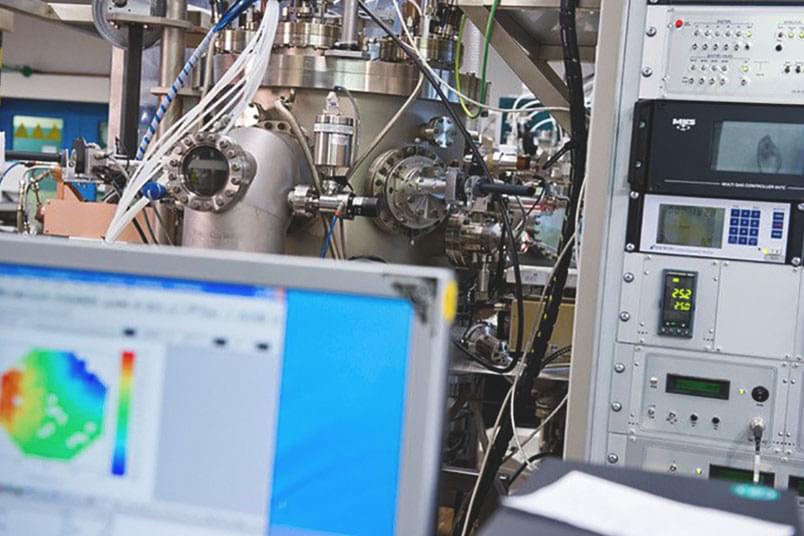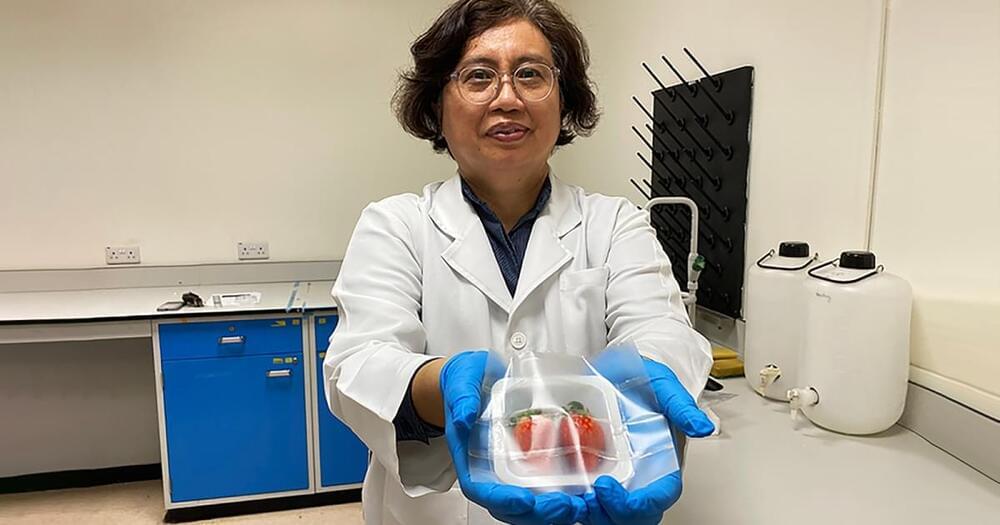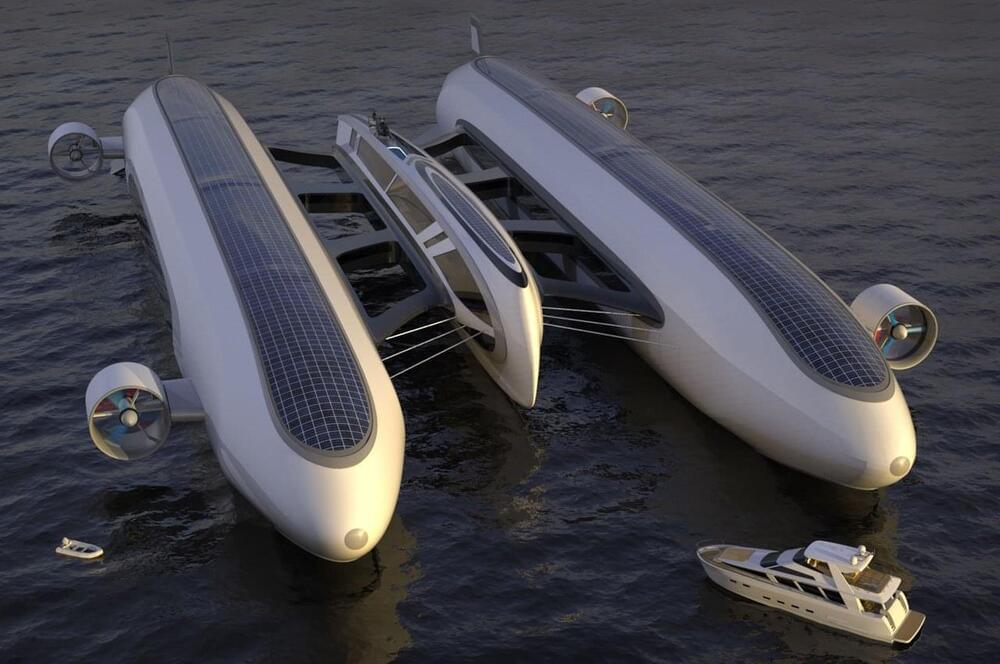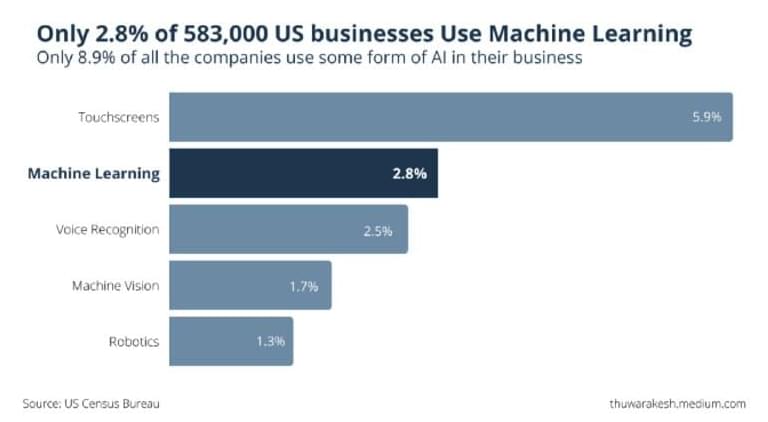Efficient electrocatalysts, which are needed for the production of green hydrogen, for example, are hidden in materials composed of five or more elements. A team from Ruhr-Universität Bochum (RUB) and the University of Copenhagen has developed an efficient method for identifying promising candidates in the myriad of possible materials. To this end, the researchers combined experiments and simulation.
They published their report in the journal Advanced Energy Materials (“Unravelling Composition–Activity–Stability Trends in High Entropy Alloy Electrocatalysts by Using a Data-Guided Combinatorial Synthesis Strategy and Computational Modeling”).
A view of the sputtering machine used to produce the material library counters. (Image: Christian Nielinger)








